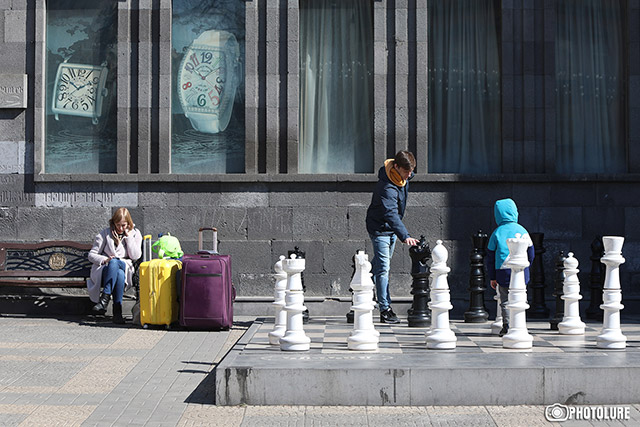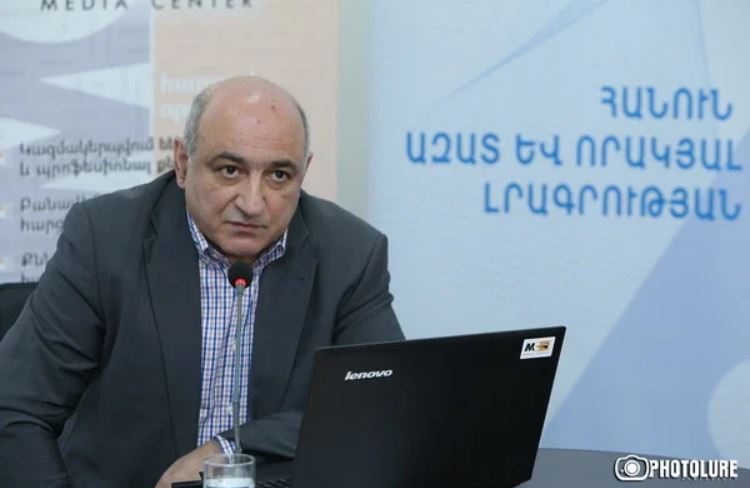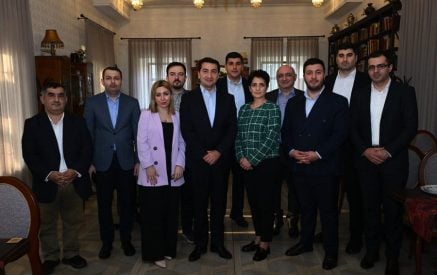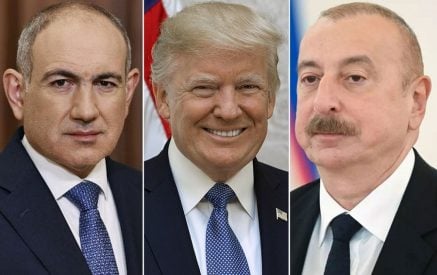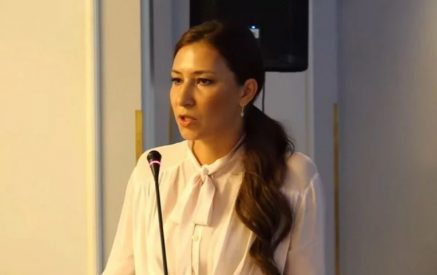“You can look at the media blockades from two points of view. On the one hand, yes, Russia is in fact blocking all the sources that provide information it does not want, but on the other hand, there is also the fact that Russian media resources are blocked in the West. This can be considered as a response. Isn’t the blocking of various media outlets in the Russian-Ukrainian war situation risky in terms of freedom of speech?” said Boris Navasardyan, Director of the Yerevan Press Club.
According to him, in general, information operations in war situations have not been fully understood and studied by the world. Given the role of various information sources, media, social networks, according to the YPC President, they can have an impact on the process of using almost equal weapons. He continued, “Given this situation, we can expect the various parties to the conflict and the peace-supporting parties to take steps that involve very serious restrictions on freedom of expression.”
Boris Navasardyan sees serious tendencies threatening freedom of speech. “Given that wars have become quite frequent recently and have already moved to areas that were not expected to become a battleground – Europe and surrounding areas, such restrictions on freedom of speech are becoming a global phenomenon, and the tools that today used to block information, can become an almost permanent toolkit. This risk is especially high because wars are taking place one after another and are becoming more and more widespread. The same tendency can be maintained by inertia in relatively peaceful times, because if this practice is already practiced both technically and legally, it can also become permanent through inertia.”
Read also
Tatev HARUTYUNYAN




















































